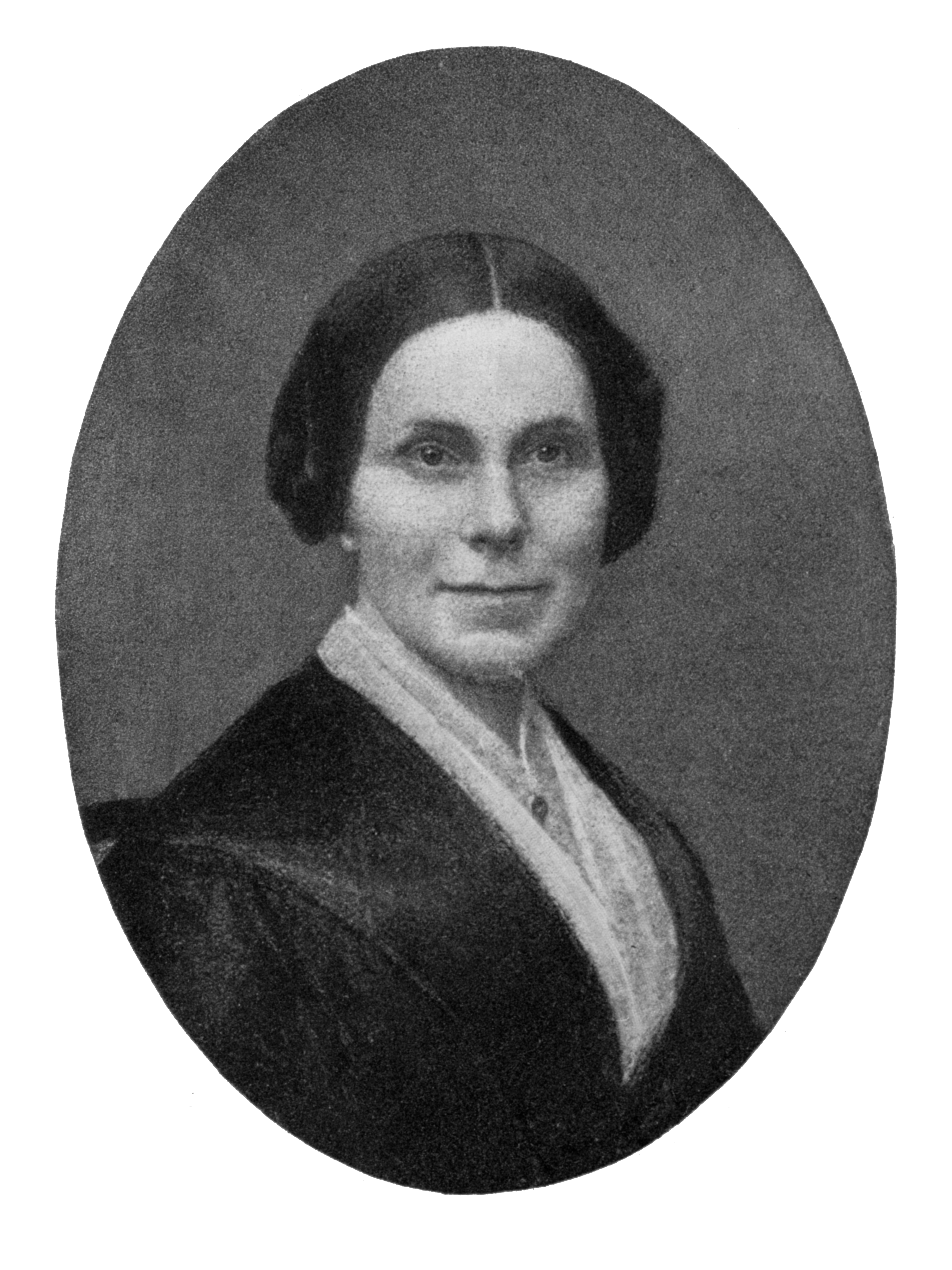Among the 19th century Rhode Island women I’ve been introduced to at RIHS Library, Elizabeth Buffum Chace (1806-1899) may be the one I admire the most. She is probably best known for opening her home as the main Rhode Island stop on the Underground Railroad but her activism went far beyond the abolitionist movement to encompass some of the major social and political issues of the 19th century.
Elizabeth Buffum was raised in Smithfield, the daughter of active Quakers Arnold and Rebecca (Gould) Buffum. Elizabeth spent a year at the Friends’ Boarding School in Providence in 1822 before moving to Fall River, Massachusetts with her family where she met and married Samuel B. Chace (1800-1870).

Chace and her family moved to Valley Falls in Cumberland, R.I. after Samuel’s business failed in Fall River in 1840. It was in Valley Falls that Elizabeth and Samuel served on the Underground Railroad. After the Civil War, Chace served as vice-president of the American Anti-Slavery Society, which published a periodical called The Slave’s Friend and continued its efforts to assist the freedmen.
Chace’s work for women’s rights began in 1850, when she attended the first national Women’s Rights Convention in Worcester. She served as president of the Rhode Island Woman Suffrage Association from 1870 to her death. She was the driving force behind a women’s suffrage amendment that was rejected by Rhode Island voters in 1887, and was also influential in the founding of Pembroke, the women’s college associated with Brown University.
Chace’s other crusade was prison reform, and she convinced the state legislature in 1870 to allow female inspectors as part of a Board of Lady Visitors. Her lobbying also led to the establishment of the Rhode Island Home and School for Dependent Children in 1884.
Join us at RIHS Library on Wednesday, March 21 at 6: 30 pm for “Conscientious Convictions: A Rhode Island Abolitionist Family and the Civil War”, a talk by Elizabeth Stevens, Ph.D., author of Elizabeth Buffum Chace and Lillie Chace Wyman: A Century of Abolitionist, Suffragist and Workers’ Rights Activism.
~ Lee Teverow, Reference Librarian
